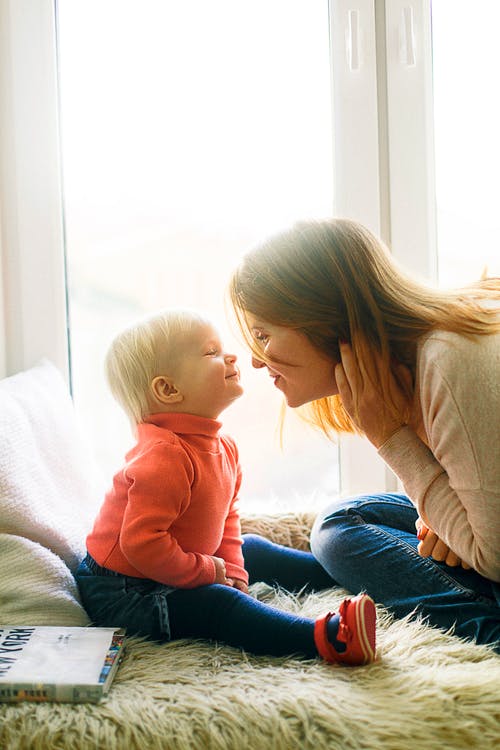Some people feel like they always wanted to be parents. They might dream of having a little one of their very own from the time they were old enough to plan pretend. Even if that sounds like you, though, you might reach child-bearing age and decide that you want to wait.
It could be that even if you’re old enough to have kids, you have academic or career goals on which you’d like to focus. Maybe you have not identified the right person yet with whom you’d like to conceive.
The reality is that for many people, there are reasons to have children early, and there are equally valid reasons to have them later in life. Let’s look at both scenarios right now.
It’s Often Physically Easier to Have Them Earlier
Some people talk about the biological clock. It’s a somewhat crude way to speak about a woman’s fertile years, but it’s true that women can often conceive more easily when they’re younger.
It is not that strange for a woman to have a baby in her forties or even later in some unusual cases. Still, generally speaking, if a woman has a baby while she is in her late teens, twenties, or thirties, there is less of a birth defect chance.
The longer a woman waits, the more likely birth defects will appear. Also, if a woman holds off until she is older, she might decide that in vitro fertilization is the best option.
When two would-be parents look at in vitro fertilization, they’re more likely to go for it if the woman is older. They might also look at the egg or sperm quantity or quality. They might factor in medical history or recurrent miscarriages. There are companies that hire egg donors to help give the gift of life to those in need. Technology has helped a lot in this department since becoming an Egg Donor has never been easier.
However, there is less than a 5% chance of getting pregnant per cycle by the age of 40. The low percentage means that some women need to use egg donation to fulfill their dream of a child. So, generally speaking, if a woman has a baby while she is in her late teens, twenties, or thirties, there is less of a birth defect chance.
If You Have Them Earlier, You Usually Have More Energy to Care for Them
If you’re younger, you also have more child-rearing energy. A younger mother might find it a little easier to get up and mix some quality baby formula multiple times during the night for feeding sessions. They might be more up to chasing a rambunctious toddler around.
The same goes for the second parent who’s in the picture if there is one. If you have kids when you’re younger, your body might very well be in better shape. You might not have injuries that can slow you down and hamper your child-raising abilities.
The longer you wait, the more mileage you have. Older parents generally report that it’s harder to keep up with a little one.
If You Have Them Earlier, the Grandparents Can Get to Know Them
You might decide to have your kids when you’re younger because you have some enthusiastic grandparents around. Maybe the grandparents are still alive and in the picture, and they can’t wait to meet your little ones.
If one or both grandparent sets live close to you, they can probably help you out with babysitting duties. It will make them happy that they get a chance to meet the family’s next generation, and you can probably work outside of the home easier as well.
Your Friends Might Have Kids at the Same Time
If you decide to have kids when you’re younger, you may also have many friends with kids that age at the same time. That can be nice because you can drop the children off for playdates, or their friends can come over.
If you wait to have kids, then you might not have any friends who have children that same age at the time. It can be harder to find playmates for them.
If You’re Older, You Often Have More Money
However, if you wait to have children until you’re older, often, you have more disposable income. If you have a child when you’re young, you’re spry and can keep up with them, but you might barely have enough money for rent, food, and utilities.
It doesn’t always work out this way, but many people have a more stable job when they’re older. They might have job security and money in the bank.
They may be able to hire a babysitter or a nanny more easily. They can also afford things like toys, formula, better cribs and car seats, and other nice things they may not have been able to when they were younger and starting out in life.
There are compelling arguments for having kids earlier in life or having them later. You’ll need to scrutinize each option before you decide what time makes the most sense for you.

